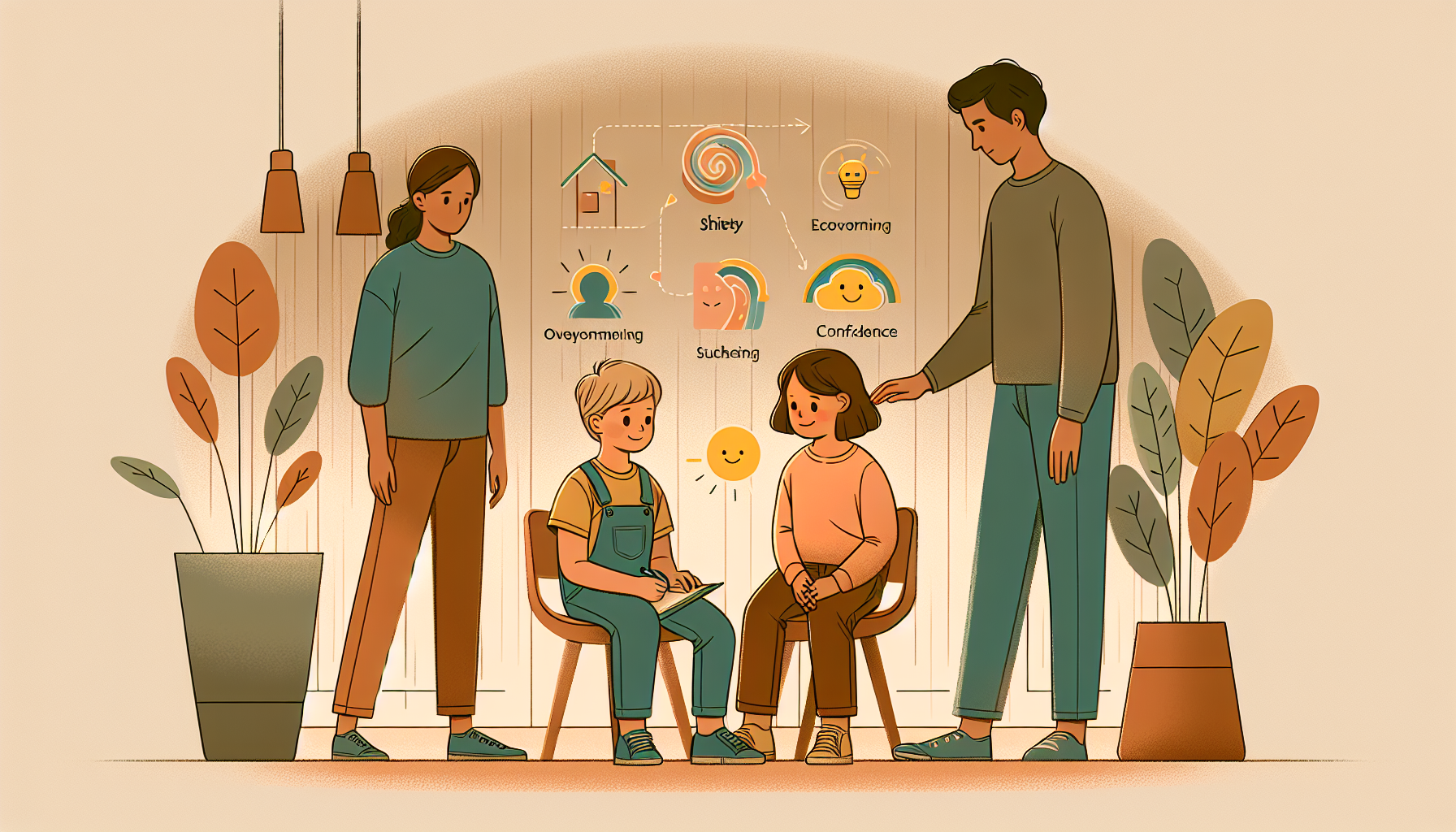“`html
How to Help Your Child Make Friends
Introduction
As parents, one of our deepest hopes for our children is that they find meaningful friendships that enrich their lives. Social connections play a crucial role in a child’s emotional development, self-esteem, and sense of belonging. However, not all children find it easy to make friends, and this can be a source of worry for parents.
Helping your child develop social skills and confidence to build friendships is one of the most rewarding aspects of parenting. In this article, we’ll explore actionable parenting tips to support your child in navigating the world of friendships and equip them with tools for lifelong social success.
Main Points
Why Friendships Are Essential for Children
Friendships are more than just playdates and shared laughter—they are vital for a child’s development. Research shows that healthy social connections can boost a child’s mental health, improve academic performance, and foster resilience. Friendships teach children essential life skills such as communication, empathy, and conflict resolution.
However, children who struggle to make friends may feel isolated or anxious. This can lead to a cycle of avoidance, further limiting their social opportunities. Understanding the psychological needs of children—such as the need for safety, autonomy, and self-expression—can help parents support their child in building social confidence.
Common Barriers to Making Friends
Before diving into solutions, it’s important to identify why your child might be struggling to form friendships. Here are some common barriers:
- Shyness or Social Anxiety: Some children feel nervous in social settings, making it difficult for them to initiate conversations or join group activities.
- Lack of Social Skills: Children may not yet understand how to share, take turns, or listen actively.
- Difficulty Reading Social Cues: Children with conditions like autism spectrum disorder may find it harder to interpret facial expressions or tone of voice.
- Fear of Rejection: Negative past experiences can discourage children from trying to make new friends.
How Cognitive-Behavioral Therapy (CBT) Principles Can Help
Cognitive-behavioral therapy (CBT) principles offer valuable insights into helping children overcome social challenges. CBT focuses on identifying unhelpful thought patterns and replacing them with positive, constructive beliefs. For example:
- Reframing Negative Self-Talk: Encourage your child to replace “Nobody likes me” with “I haven’t found my group yet, but I will.”
- Building Gradual Confidence: Help them face their fears step by step, such as starting with small interactions before tackling larger social settings.
- Fostering Problem-Solving Skills: Teach your child how to address conflicts with friends calmly and constructively.
Practical Recommendations
1. Create Opportunities for Social Interaction
One of the best ways to help your child make friends is by creating natural opportunities for socializing. Consider the following:
- Organize Playdates: Arrange one-on-one playdates with classmates or neighbors to help your child build connections in a low-pressure environment.
- Involve Them in Group Activities: Sign your child up for sports teams, art classes, or other group-based activities where they can meet peers with shared interests.
- Encourage Unstructured Play: Free play allows children to practice social skills organically and develop their creativity.
2. Teach and Model Social Skills
Children often learn best by observing their parents. Be a role model for positive social interactions:
- Practice Greetings: Teach your child basic greetings like saying “hello” or introducing themselves.
- Role-Play Scenarios: Practice common social situations, such as asking to join a game or starting a conversation, to build your child’s confidence.
- Show Empathy: Demonstrate how to listen actively and respond to others’ feelings with kindness.
3. Build Your Child’s Confidence
Confidence is key to making friends. Help your child feel good about themselves by:
- Focusing on Strengths: Celebrate your child’s unique talents and interests, which can become a bridge to connecting with others.
- Encouraging Independence: Allow your child to make choices and solve problems on their own, fostering a sense of autonomy.
- Providing Positive Reinforcement: Praise your child’s efforts in social situations, even if the outcome isn’t perfect.
4. Address Emotional Challenges
If your child struggles with shyness or anxiety, provide a supportive environment where they feel safe to express their feelings. Here’s how:
- Validate Their Emotions: Let your child know it’s okay to feel nervous and that their feelings are valid.
- Teach Calm-Down Techniques: Deep breathing or visualization exercises can help your child manage anxiety in social settings.
- Seek Professional Support: If needed, consult a child therapist or counselor to address deeper emotional challenges.
Conclusion
Helping your child make friends is a journey that requires patience, understanding, and proactive effort. By creating opportunities for social interaction, teaching essential social skills, and supporting their emotional well-being, you can empower your child to build meaningful relationships.
Remember, every child develops at their own pace. Celebrate small victories and provide a nurturing environment where your child feels loved and supported. With time and guidance, they’ll gain the confidence and skills they need to thrive socially. For more parenting tips and resources, explore our website and discover ways to strengthen your bond with your child.
“`

